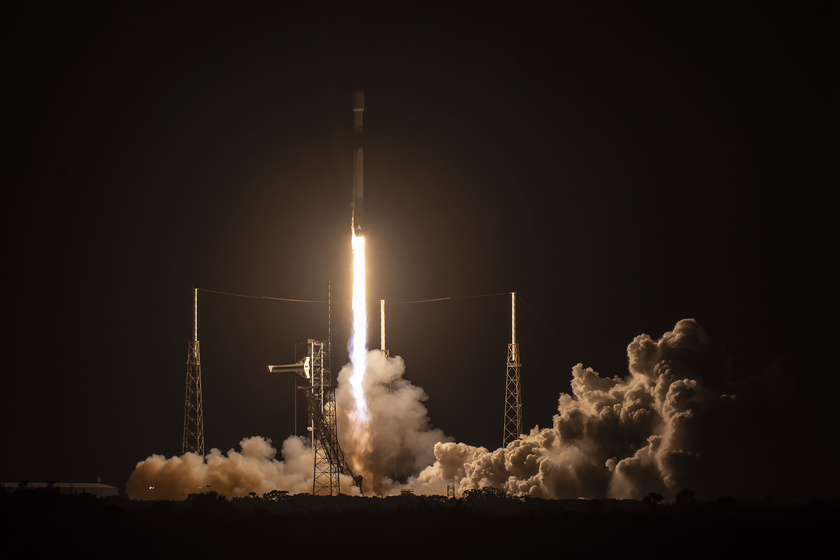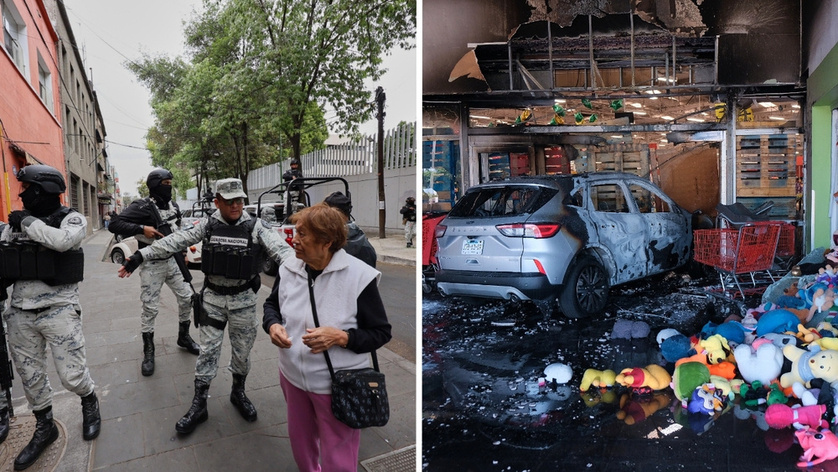SpaceX Falcon 9 launched Bandwagon-3 rideshare mission from Cape Canaveral Space Force Station in Florida at 0048 UTC on April 22. The three commercial payloads: 425Sat-3 from South Korea’s ADD, Tomorrow-S7 from Tomorrow Companies Inc., and the PHOENIX re-entry capsule by Atmos Space Cargo.
Phoenix 1, a reentry capsule built by German company Atmos Space Cargo will fly back to Earth soon, splashing down in the Atlantic about 2,000 kilometers) off the coast of Brazil after a single trip around our planet. It's the first reentry mission ever conducted by a European company, according to Atmos.
The goal is to test the Phoenix system's inflatable heat shield and other core technology, showing the craft can safely bring valuable cargo from space to Earth — something Atmos plans to do for a variety of customers in the near future.
"Our mission is to revolutionize space logistics, enabling groundbreaking advancements in microgravity research, in-orbit manufacturing, defense applications and life sciences," the company's website reads.
The other two payloads were 425Sat-3, which will be operated by South Korea's Agency for Defense Development, and Tomorrow-S7, a satellite for the weather-forecasting outfit Tomorrow Companies Inc.
Today's Falcon 9 rocket’s first-stage booster (B1090) which landed on Landing Zone 2 (LZ-2) at Cape Canaveral Space Force Station, had previously supported the O3b mPOWER-E and Crew-10 missions.
The Bandwagon and Transporter series are part of the SpaceX's rideshare missions deploying multiple commercial payloads at a time, which has 13 missions under its belt to date.
Bandwagon first two missions launched in April 2024 and December 2024; and The first Transporter flight sent 143 satellites to orbit in January 2021, a single-launch record that still stands.















